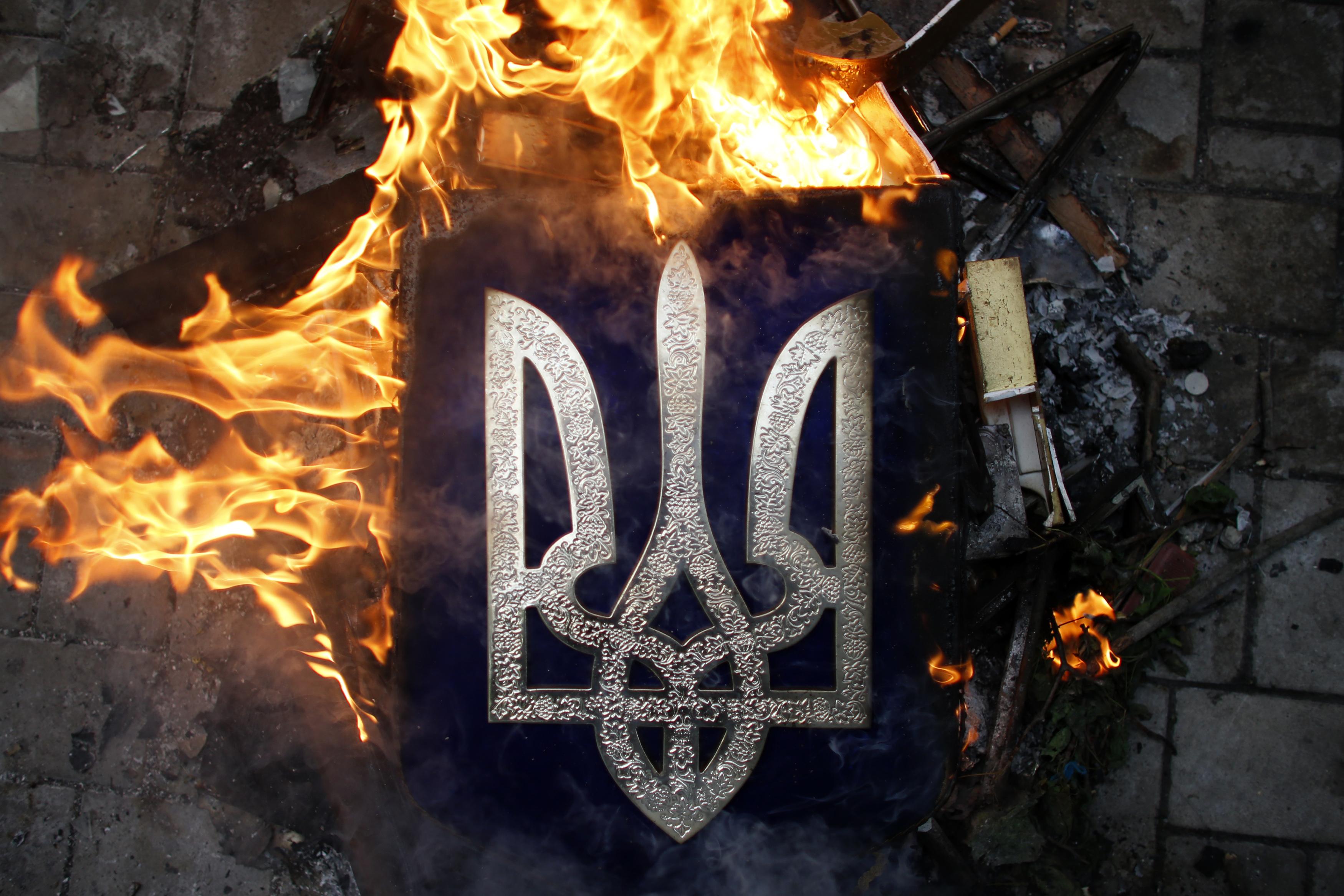By Irina Alksnis
Three years ago, patriotic passions were boiling in Runet about the line the Kremlin should choose in respect of Ukraine.
Some patriots demanded an immediate and total cutting off of no-brothers who had lost their minds on the basis of nationalism, from Russian goods and preferences. They were vigorously indignant that the Kremlin had not done this before, but instead, for more than twenty years, had nurtured the new bandarization of Ukraine with its own hands. Any new move by Moscow, aimed at preserving the status quo, was perceived by them as a betrayal.
Other patriots insisted that everything that was happening in Ukraine was of a short-term nature, and Moscow was obliged to bring troops in / return Yanukovych to Kiev / keep the status quo to the maximum, to let everything eventually return to normal and Russia and Ukraine return to the familiar format of «centuries-old fraternal relations».
The Russian state disappointed both. The latter, because eventually, everything will come to that very total rupture and leaving Ukraine to its own destiny, and the former, because instead of loud statements, impressive sharp gestures and lightning-fast decisions, there was taken up tactics of carefully calculated decisions, little-public actions and small steps.
The opening of the Zhuravka-Millerovo railway section, bypassing Ukraine, is a convenient occasion to look back and sum up some results - yet-to-be-final but still quite determinative.
Patience is perhaps the main quality that Moscow has displayed in dealing with Kiev for the last three and a half years. Where ordinary citizens wanted to «storm and attack», the Russian government confined itself to calling to reason and soft persuasion, which, of course, did not add points to it in the eyes of the society.
However, here is an interesting coincidence. By some miracle, Kiev made every next radical step, with potentially unpleasant consequences for Russia, at a time when these most unpleasant consequences were no longer extremely heavy for Moscow.
For example, for some surprising coincidence, Ukraine initiated a disrupter of the economic cooperation when for Russia, there was nothing fatal in this - either Russian producers were ready to replace Ukrainian subcontractors, or a delay in creating a domestic import-substituting product did not carry strategic threats.
This phenomenon was most clearly, perhaps, manifested in the energy blockade of the Crimea. Ukraine had supplied the peninsula with electricity for a year and a half since March 2014, and the blockade was introduced when the construction of the energy bridge from the Kuban region had reached the final stage. For all the inconveniences of fan-ins for several months, even the partially commissioned energy bridge did not allow the worst scenario for the peninsula.
Now we can only guess how, by what methods and efforts, Moscow had restrained Kiev and its radicals for a year and a half, so as not to leave the peninsula without the normal energy supply for such a long period. There is a suspicion that there was a set of all the methods, from persuasion and bribes to pressure and threats.
And there were dozens of such issues in the bilateral relations, from global (like the gas transit) to relatively small, but very sensitive ones. What would have happened if three years ago, Ukraine had blocked and forbidden Russia to use the railway section on its territory? What damage would it have done to the Russian business, the Russian railways and ordinary citizens?
In this case, an extremely important aspect is that these issues were left in the past.
Over the past weeks, Moscow's intonation has changed with regard to the next initiatives voiced by Kiev and aimed at breaking the ties with Russia. This was most evident in the issue of the possible introduction of a visa regime. For three years, Moscow had mildly admonished Kiev, repeatedly and patiently explaining at the highest level that this step would mean for Ukraine shooting itself in the foot, given the number of Ukrainian migrant workers in Russia. But suddenly the tone has changed, and now Russian representatives say, shrugging their shoulders, ‘Let them do what they want - Russia will act symmetrically in the issue of visas’.
What has changed, the question arises
The answer seems quite simple: Russia has closed, at last, its biggest vulnerabilities, generated by the fusion of the economic and infrastructural systems of the two countries. The railway has been bypassed, gas pipelines have been bypassed and new ones are being built, the infrastructure independence of the Crimea has been provided, the key subcontractors for Russian enterprises have been replaced. There are already minor details that do not seriously affect the situation.
It has taken Russia three and a half years to solve this problem.
Kiev has nothing more to blackmail Moscow with. Ukraine no longer has any opportunity to inflict serious damage on Russia.
The Kremlin can breathe a sigh of relief, while the Russian society and the state can congratulate each other on the task accomplished, the grandiose scale of which we have yet to assess.
Only one question remains: what about Ukraine?
And Ukraine will have to drink its cup to the bottom. But this is no longer a problem for Russia.






